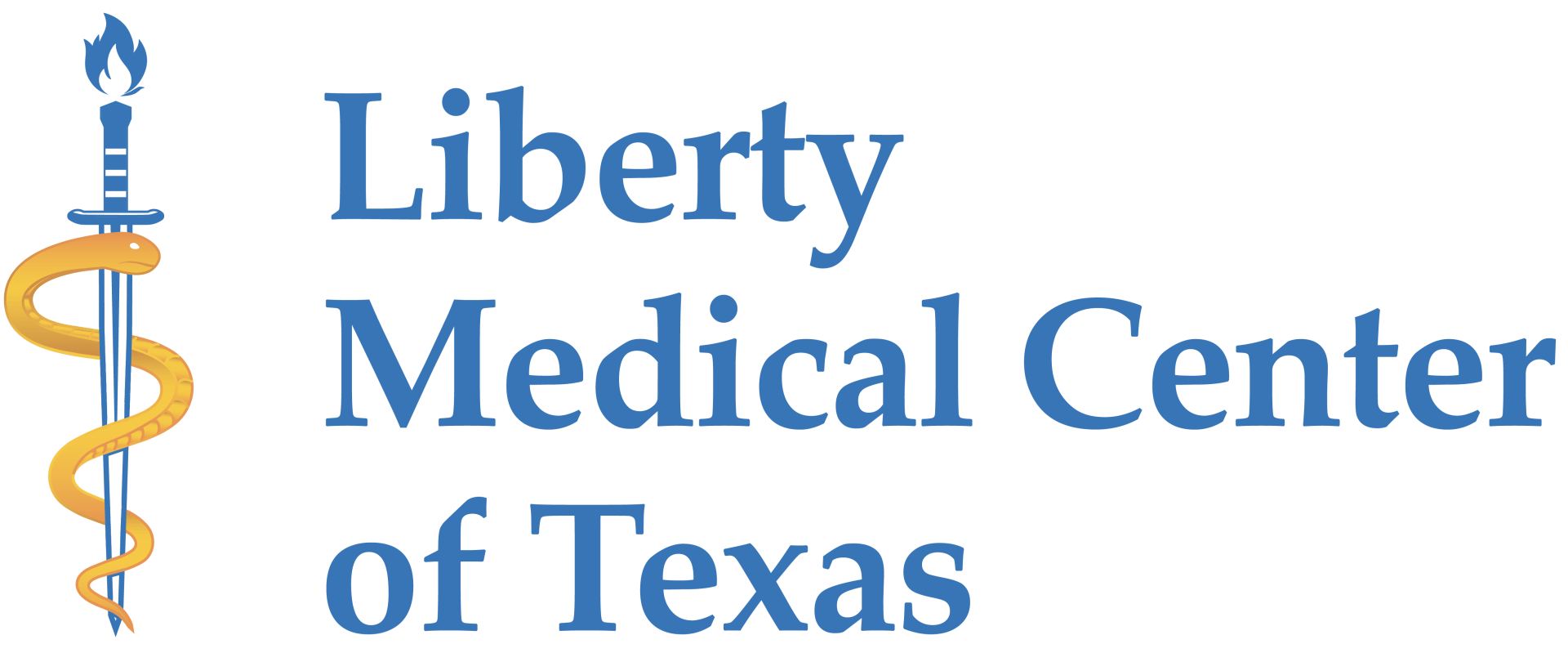 Photo by Finn on Unsplash
Photo by Finn on Unsplash
The Importance of Talk Therapy
By Lou Moss
As many veterans and their families are painfully aware, the impact of traumatic events during military service can lead to a wide range of mental health concerns such as depression, anxiety, PTSD, and substance abuse. When compared to civilians, service members and veterans are 15 times more likely to develop PTSD, and 5 times more likely to experience depression. (NAMI, 2023). Despite decades of research and increased awareness of the prevalence of mental health issues among veterans, the stigma surrounding mental illness often prevents veterans from seeking help.
Continued efforts are needed to shift the negative mindset associated with the discussion of mental health in the military, but fortunately veterans are being connected to care now more than ever. For veterans faced with mental health concerns, talk therapy can be a life-saving path to support and healing.
What is Talk Therapy, Exactly?
Talk therapy, also known as counseling or psychotherapy, is a form of treatment used to help individuals with emotional concerns or issues related to mental health. According to the American Psychiatric Association, “Problems helped by talk therapy include difficulties in coping with daily life; the impact of trauma, medical illness or loss, like the death of a loved one; and specific mental disorders, like depression or anxiety.”
Talk therapy has proven to be successful in helping individuals improve their overall well-being. Several different types of talk therapy exist, and some methods may work better than others with certain issues or problems. And in some cases, talk therapy is most beneficial when combined with other forms of treatment such as medication.
The Physical and Emotional Benefits of Talk Therapy
One of the main benefits of talk therapy is that it provides an opportunity for individuals to process and manage difficult emotions. Veterans who have experienced traumatic events during their service may experience exponentially greater feelings of guilt, shame, anger, and fear. These emotions can be overwhelming and tough to manage alone, often leading to mental health conditions such as PTSD and depression. Talk therapy provides a safe and confidential space for veterans to work through these emotions and develop coping skills to manage them.
Talk therapy can also be useful in improving relationships. Many veterans experience difficulties with their partners, family members, and friends due to the impact of their service. Talk therapy can help veterans understand how their experiences have affected their relationships and develop strategies for improving communication and building stronger connections with loved ones.
In addition to these benefits, talk therapy has been shown to be effective in managing symptoms of chronic pain, insomnia, and other physical health conditions that often accompany mental health issues.
By Lou Moss
As many veterans and their families are painfully aware, the impact of traumatic events during military service can lead to a wide range of mental health concerns such as depression, anxiety, PTSD, and substance abuse. When compared to civilians, service members and veterans are 15 times more likely to develop PTSD, and 5 times more likely to experience depression. (NAMI, 2023). Despite decades of research and increased awareness of the prevalence of mental health issues among veterans, the stigma surrounding mental illness often prevents veterans from seeking help.
Continued efforts are needed to shift the negative mindset associated with the discussion of mental health in the military, but fortunately veterans are being connected to care now more than ever. For veterans faced with mental health concerns, talk therapy can be a life-saving path to support and healing.
What is Talk Therapy, Exactly?
Talk therapy, also known as counseling or psychotherapy, is a form of treatment used to help individuals with emotional concerns or issues related to mental health. According to the American Psychiatric Association, “Problems helped by talk therapy include difficulties in coping with daily life; the impact of trauma, medical illness or loss, like the death of a loved one; and specific mental disorders, like depression or anxiety.”
Talk therapy has proven to be successful in helping individuals improve their overall well-being. Several different types of talk therapy exist, and some methods may work better than others with certain issues or problems. And in some cases, talk therapy is most beneficial when combined with other forms of treatment such as medication.
The Physical and Emotional Benefits of Talk Therapy
One of the main benefits of talk therapy is that it provides an opportunity for individuals to process and manage difficult emotions. Veterans who have experienced traumatic events during their service may experience exponentially greater feelings of guilt, shame, anger, and fear. These emotions can be overwhelming and tough to manage alone, often leading to mental health conditions such as PTSD and depression. Talk therapy provides a safe and confidential space for veterans to work through these emotions and develop coping skills to manage them.
Talk therapy can also be useful in improving relationships. Many veterans experience difficulties with their partners, family members, and friends due to the impact of their service. Talk therapy can help veterans understand how their experiences have affected their relationships and develop strategies for improving communication and building stronger connections with loved ones.
In addition to these benefits, talk therapy has been shown to be effective in managing symptoms of chronic pain, insomnia, and other physical health conditions that often accompany mental health issues.
Mental health is health, period. – Lloyd Austin, Secretary of Defense
A Network of Support
Many veterans struggle with feelings of isolation and disconnection from others, particularly after leaving the military. As more veterans open up about the topic of mental health, it continues to encourage an atmosphere of support.
No stranger to the stressors of military service, Retired Navy SEAL Commander Jon Macaskill sees the value in talk therapy, saying “Aside from the support I’ve received from my wife and friends, the most effective healing modalities I’ve experienced are talk therapy and meditation and mindfulness. They not only changed my life for the better, but they saved my life!”
Many veterans struggle with feelings of isolation and disconnection from others, particularly after leaving the military. As more veterans open up about the topic of mental health, it continues to encourage an atmosphere of support.
No stranger to the stressors of military service, Retired Navy SEAL Commander Jon Macaskill sees the value in talk therapy, saying “Aside from the support I’ve received from my wife and friends, the most effective healing modalities I’ve experienced are talk therapy and meditation and mindfulness. They not only changed my life for the better, but they saved my life!”

Photo by Kelly Sikkema on Unsplash
|
The most effective healing modalities I’ve experienced are talk therapy and meditation and mindfulness. |
Talk therapy is a powerful tool for managing mental health and improving overall well-being. For military veterans, it can be particularly beneficial in addressing the unique challenges related to service. If you or someone you know is a veteran experiencing mental health concerns, consider talk therapy as a potential avenue to improved health.
Liberty Medical Center of Texas is one of several organizations dedicated to providing programs for mental health, trauma, PTSD, addiction, and depression for our veterans.
Liberty Medical Center of Texas is one of several organizations dedicated to providing programs for mental health, trauma, PTSD, addiction, and depression for our veterans.
Related Posts:
Female Veterans and Mental Health
Who Is A Veteran?
How Do I Know If I Need Support For My Mental Health?
Female Veterans and Mental Health
Who Is A Veteran?
How Do I Know If I Need Support For My Mental Health?
References:
American Psychiatric Association (n.d.). What is Psychotherapy. Psychiatry.org. Retrieved March 20, 2023, from https://www.psychiatry.org/patients-families/psychotherapy
Macaskill, J. (2023, March 13). Personal communication [Interview].
National Alliance on Mental Illness (2023). Veterans and Active Duty. Nami.org. https://www.nami.org/Your-Journey/Veterans-Active-Duty
American Psychiatric Association (n.d.). What is Psychotherapy. Psychiatry.org. Retrieved March 20, 2023, from https://www.psychiatry.org/patients-families/psychotherapy
Macaskill, J. (2023, March 13). Personal communication [Interview].
National Alliance on Mental Illness (2023). Veterans and Active Duty. Nami.org. https://www.nami.org/Your-Journey/Veterans-Active-Duty

